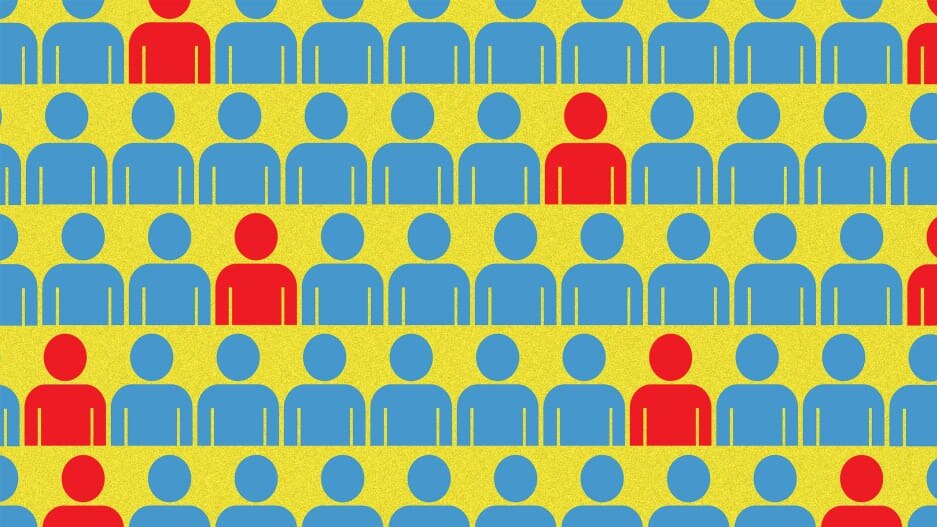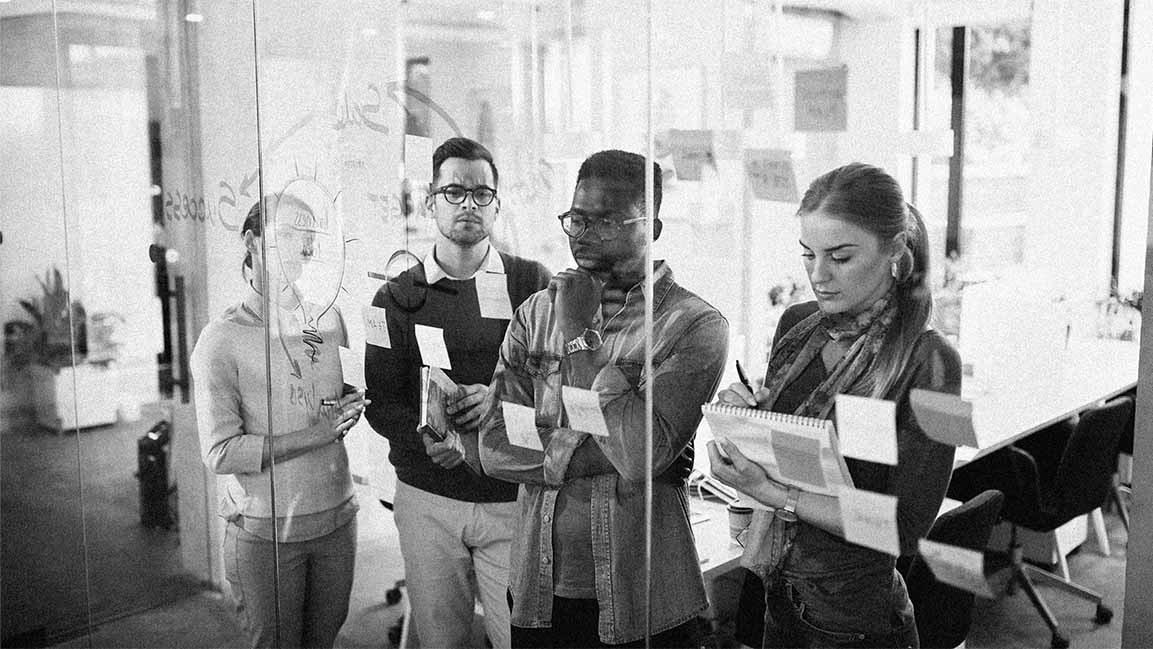- | 12:00 pm
This is the secret to healing a toxic culture
When colleagues and coworkers treat each other with civility and respect, the surrounding culture becomes warmer, safer, and more trusting.

Douglas Adams observed that no single raindrop believes it is responsible for the flood. But that provides little consolation to victims of floodwaters that swept away their homes, neighborhoods, and lives.
Almost as devastating can be the malevolent cultural tides that inundate businesses and workplaces. It’s easy for individuals to convince themselves that their little actions have no appreciable impact on work environments and entrepreneurial success. When they do, the inevitable consequence is le deluge.
It takes just one pebble to set off an avalanche, one panicking wildebeest to start a stampede, one beat of a butterfly’s wings to unleash a hurricane. And it only requires one lapse of ethical standards to begin the erosion of foundational values that can undermine the success of a community.
That’s why we need to reflect on this week’s contribution to the Ethical Lexicon:
Categorical Imperative (cat·e·go·ri·cal im·per·a·tive) noun
The moral obligation to act as you would be willing to have everyone else act as well.
In his 1785 book “Groundwork of the Metaphysic of Morals,” German philosopher Immanuel Kant offers a simple and practical method for evaluating the ethics of our decisions. Where the Golden Rule directs us to act toward others the way we want them to act toward us, the categorical imperative mandates that we calculate how our individual actions, if scaled, could affect the world.
THE ETHICS OF EXTRAPOLATION
Are you tempted to “borrow” supplies or inventory from work? Imagine the impact on your workplace if everyone helped themselves to whatever they wanted. Are you inclined to skip a step or fudge your results? Imagine flying on an aircraft where the engineers cut corners. (Remember the Boeing 737 Max disasters?) Are you itching to share a particularly juicy piece of gossip? Imagine spending every day in a culture characterized by incessant backbiting. (Or maybe you don’t have to imagine.)
Society has an inertia of its own. It’s easy for us to plead nolo contendre and claim we are merely carried along on the current of the surrounding culture. But we are the current. Private indiscretions rarely stay private, and behavior breeds similar behavior, both for good and for bad. Every choice you make contributes to a new cultural norm. Your actions combine with similar choices of others; they also legitimize similar choices by others.
Herein lies the fallacy of “victimless” crimes. With every rationalization, we dilute our core values. With every ethical compromise, we compromise both our own integrity and the integrity of our communities.
But there is good news. We can reverse the process on a dime.
IT’S NOT YOU, IT’S ME
Perhaps 20 years ago, I noticed that a colleague and I had fallen into a toxic behavior pattern. Every time we interacted, we traded insults. It started as good-natured banter, and it was always friendly. Even so, one day it occurred to me that this ceaseless exchange of barbs was unbecoming, especially for two members of our community seen by others as leaders.
So, I took responsibility for myself. The next time we saw each other, instead of making a sarcastic remark about my colleague, I made a self-deprecating remark about myself. Then I waited to see what would happen.
It worked like flipping a switch. He immediately responded with a similar remark about himself. Just like that, we broke the pattern. We never backslid, a virulent behavior was uprooted, and our community became a little healthier. My colleague and I never even discussed it between ourselves. As a bonus, the two of us became much closer friends over the months and years that followed.
THE BUSINESS CASE FOR ETHICS
When colleagues and coworkers treat each other with civility and respect, the surrounding culture becomes warmer, safer, and more trusting. And that has tangible benefits. Employees working for companies ranked in the top 25% for trust report:
- having 106% more energy on the job
- 76% more engagement at work
- 50% more productivity
- being 50% more likely to stay with their employer over the next year
- feeling 70% more aligned with their companies’ purpose
- feeling 66% closer to their colleagues
- 11% more empathy for their workmates
- being 41% less likely to depersonalize coworkers
- experiencing 40% less burnout from their work
- feeling 41% more accomplished
I’ve been asked repeatedly: since it’s so obvious that good ethics is good business, why don’t people get it? There are many answers, but among them is the resistance to see ourselves as others see us.
If you can’t remember the last time a disdainful thought about another person flitted through your mind, start paying closer attention. Human beings are naturally judgmental creatures; our attention gravitates toward negativity. With emotional maturity, however, we can we train ourselves to look for the good and accept the imperfections of others as part of our shared humanity.
That’s a priceless strategy to guide our interactions with other people. But it can be self-defeating when we apply it to ourselves. It’s true that we need to show ourselves the same grace we show others, but we also need to set higher expectations for our own behavior.
As an experiment, visualize yourself as others might see you, not at your best but as your average self. Don’t be quick to excuse your own careless or thoughtless missteps. Rather, contemplate how you would like to be seen, and what changes you could make in your own words and actions to find more favor and less judgment in others’ eyes.
Once you’ve done that, instead of regarding those changes as merely good advice for improving your relationships, consider implementing them as a categorical imperative to transform your community and contribute to a better world. With one small change, you might notice that—like flipping a switch—you’ve made your own world brighter.








































